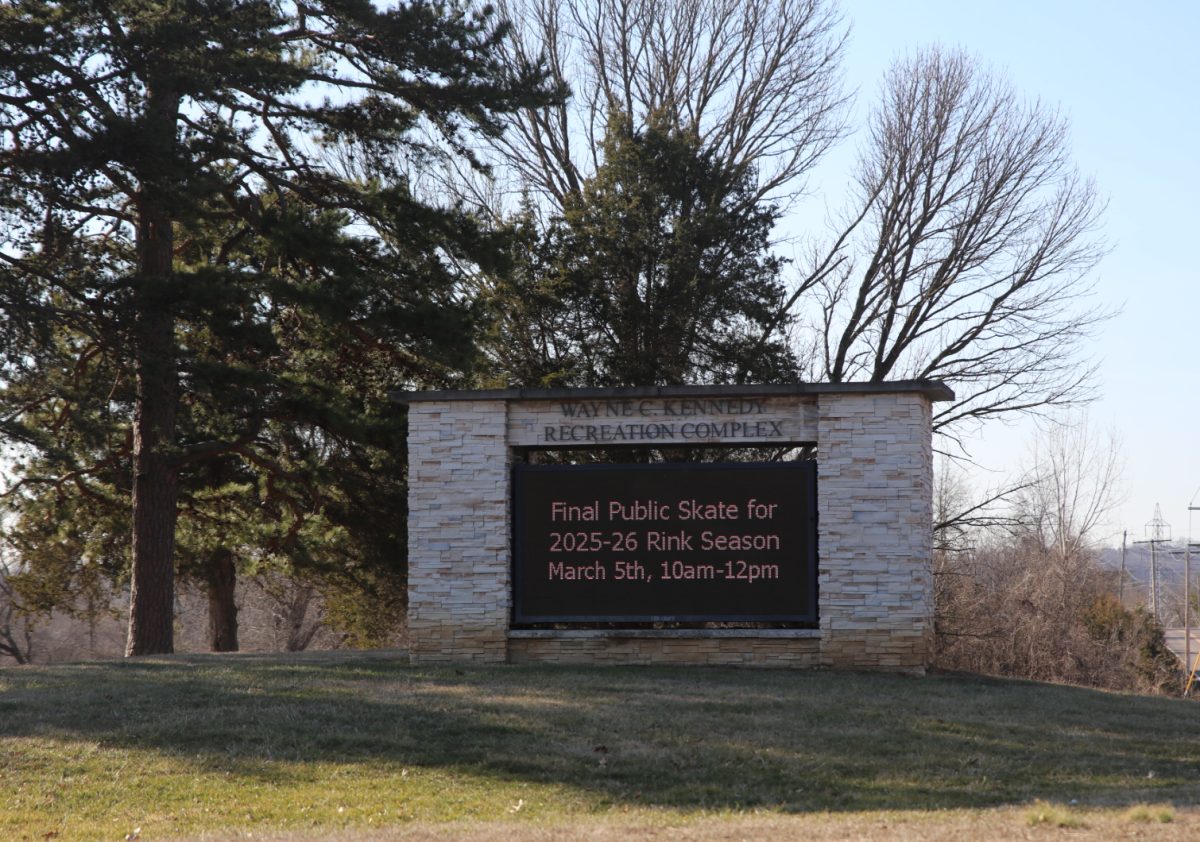An Oakville couple seeking damages from Fred Weber Inc. as a result of the company’s failed $5 million suit against them will take their case to the Missouri Court of Appeals.
A lawsuit filed by Tom and Barbara Diehl against Fred Weber Inc. recently was dismissed in St. Louis City Circuit Court. Tom Diehl also serves on the Mehlville Board of Education. But the Diehls’ attorney, Michael Quinlan, last week filed a notice of appeal with the Eastern District of the Missouri Court of Appeals.
City Circuit Court Judge Robert H. Dierker on March 27 granted Weber’s motion for summary judgment on Barbara Diehl’s prima facie tort count and entered judgment on behalf of Weber.
Dierker’s order states: “… (I)t is ordered, adjudged and decreed that defendant Fred Weber Inc.’s motion for summary judgment on the prima facie tort count be and the same is hereby granted, and judgment on said count is hereby entered in favor of defendant Fred Weber Inc. and against plaintiff Barbara Diehl; all counts of the petition having been disposed of, final judgment in favor of defendant Fred Weber Inc. is hereby entered and the petition is dismissed with prejudice at plaintiffs’ cost.”
The Diehls filed suit in July 2005 against Fred Weber Inc. seeking more than $50,000 in damages.
The Diehls’ four-count lawsuit against Weber originally alleged intentional infliction of emotional distress, malicious prosecution, abuse of process and a prima facie tort in connection with its original suit against Tom Diehl.
The Diehls previously withdrew their claims for negligent infliction of emotional distress, and Tom Diehl withdrew his prima facie tort claim. In September 2008, Tom Diehl’s claim of malicious prosecution also was dismissed.
Weber originally filed a $5 million suit in December 2003 against Tom Diehl for alleged libel and defamation. That suit was dismissed in March 2005 by the Eastern District of the Missouri Court of Appeals. Also, the state Supreme Court refused to hear Weber’s case in June 2005.
A representative of the American Civil Liberties Union told a panel of Missouri legislators in July 2004 that Weber’s lawsuit against Tom Diehl was “a classic SLAPP (Strategic Lawsuit Against Public Participation) suit.” But attorneys for Fred Weber told that same panel that the lawsuit was not a SLAPP suit, but rather a legitimate defamation and libel lawsuit.
After the dismissal of Weber’s suit, the Diehls in July 2005 filed suit against Weber alleging that Weber originally sued Tom Diehl “in order to intimidate them and other citizens from voicing opposition to a permit application that Weber had pending before a St. Louis County agency, in connection with the proposed waste transfer station (at 5219 Baumgartner Road),” according to Dierker’s order.
Dierker states in his order, however, that if Weber’s motion for summary judgment was merely based on its claim that the Diehls had no proof of intent to injure, that motion might fail.
The order states, in part: “This court is not going to go down the path of analyzing whether Weber has shown from the record that there are no genuine issues of material fact as to the intent-to-injure and/or lack-of-sufficient-justification elements of Mrs. Diehl’s prima facie tort claim, be-cause it is clear that in substance this is not the real basis of Weber’s motion for summary judgment at all, despite some rather superficial efforts on their part to frame it in such a fashion … (W)ithout belaboring the point, the court will simply say that it appears to the court, after close scrutiny of the entire record, that there may well be genuine issues of material fact as to both elements — intent to injure and lack of sufficient justification. If the court were to rule on the motion for summary judgment solely on those grounds, the motion might very well be denied.”
Quinlan believes this allows the Diehls to pursue their case at the Court of Appeals, which he deemed a “foregone conclusion.”
“It’s pretty clear what the court was saying was: ‘If I ruled on this as an ordinary summary-judgment motion, I would deny it,'” Quinlan said. “In the oral argument, (Dierker) basically said to me: ‘It sounds like to me that I would be doing you a favor if I granted (Weber’s) motion so you could take this all up to the Court of Appeals at once’ … If he denied the motion, that would mean that Barbi’s claims would go to trial the 13th of April. And no matter how that trial ended up, it was guaranteed that it was going to go on appeal because Tom, at the very least, was going to appeal his claims.
“And assuming that Barbi won, Fred Weber would be appealing her claims. So it was a foregone conclusion that this case was going to go up on appeal no matter what he ruled on this motion.”
Dierker’s order states that because Tom Diehl’s claim of malicious prosecution was dismissed in circuit court, Barbara Diehl cannot claim prima facie tort.
The order states: “… Weber is contending in substance that it is entitled to judgment as a matter of law on the prima facie tort claim because Mrs. Diehl is precluded from raising such a claim as a result of the court’s (Sept. 15, 2008) ruling on her husband’s malicious prosecution claim. Since that is the real basis on which the motion for summary judgment is actually grounded, that is the basis that the court will address.
“In the context of a claim for prima facie tort, the element of lack of ‘sufficient justification’ is essentially analogous to the element of probable cause in the context of a claim for malicious prosecution … Given that this is so, this court must agree with defendant (Weber) that, in light of the court’s earlier finding on its (Sept. 15, 2008) amended order and partial judgment that probable cause did indeed exist for Weber to bring the underlying defamation lawsuit against Mr. Diehl, and that Weber was accordingly entitled to judgment as a matter of law on Mr. Diehl’s claim against it for malicious prosecution, it therefore ineluctably follows that Mrs. Diehl cannot establish the element of lack of sufficient justification for purposes of her prima facie tort claim against Weber …”
In July 2008, the Missouri Department of Natural Resources approved Weber’s application for a permit to build that trash-transfer station.
Between the MDNR’s action and a St. Louis County Circuit Court judge in October 2007 granting summary judgment in favor of Weber to construct and operate the station, County Counselor Patricia Redington entered into a settlement agreement with Weber to drop all of the county’s litigation to stop the facility.








